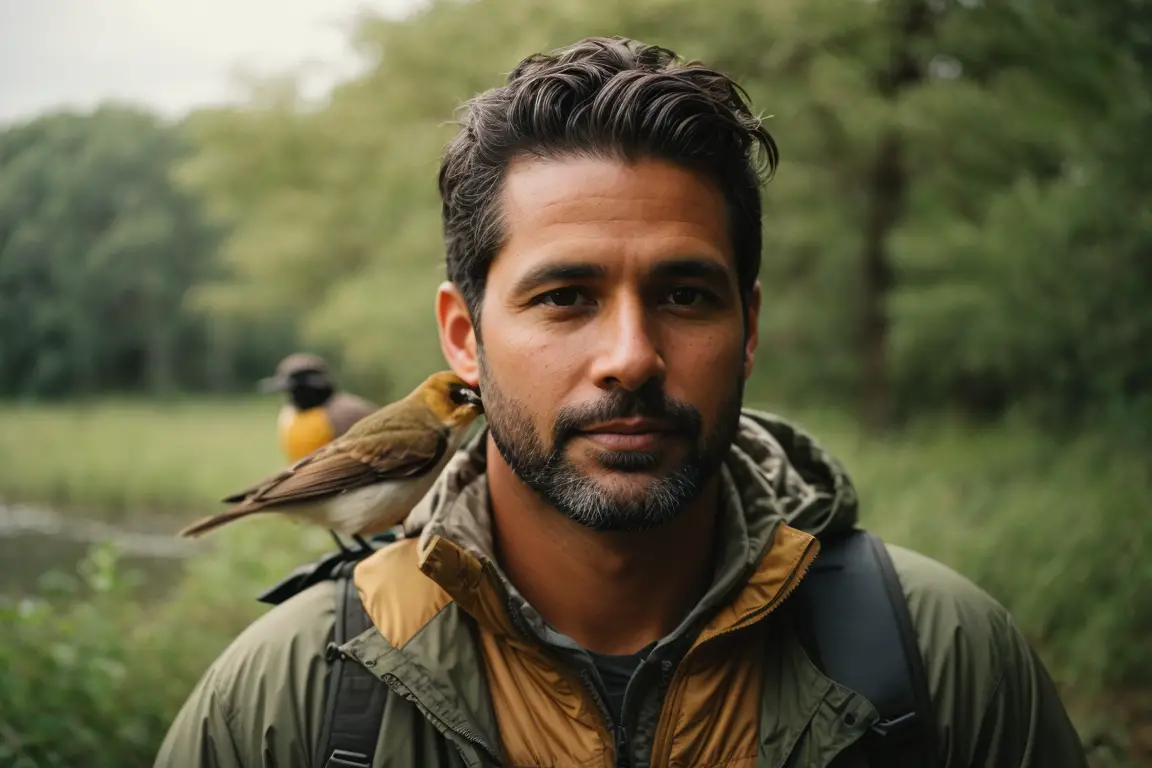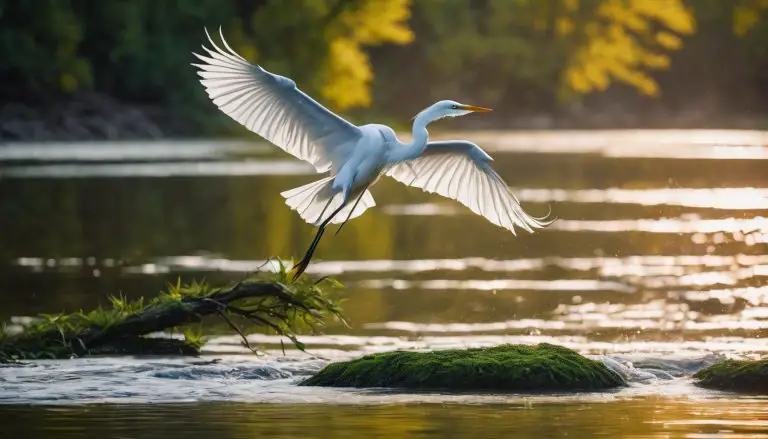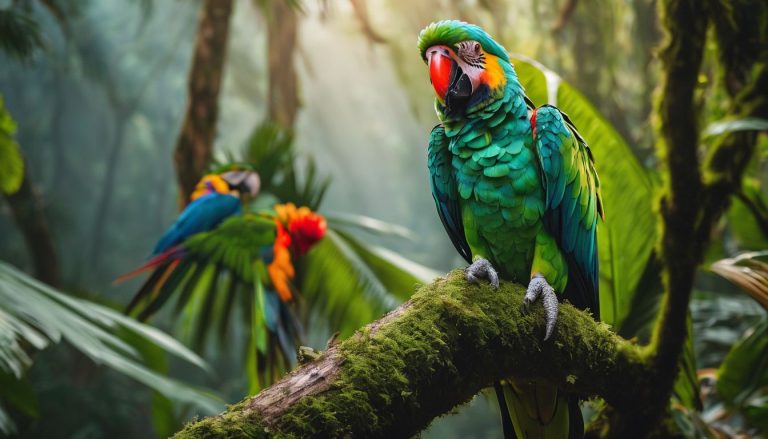Have you ever found yourself sipping your morning coffee, watching a red robin outside your window and wondering just how long it takes for those tiny specks of life hidden in bird eggs to emerge into the world? Or perhaps when these fledglings gather enough courage to spread their wings and leave their cozy nest behind? You’re not alone.
As an enthusiastic birder myself, I’ve often pondered over these same questions too. Different species surely play by different sets of rules, right? Well, let’s plunge together into this captivating realm of avian reproduction where we’ll unravel how elements like temperature and egg size influence hatching time, as well as the rate at which chicks develop and learn to flex their flight muscles.
Buckle up on this journey – it’s time we acquired some serious knowledge on bird-egg-hatching!
Key Takeaways
- The length of time it takes for bird eggs to hatch varies depending on the species, with small birds taking around 11 to 16 days and larger birds taking up to 30 days.
- Factors like temperature, humidity, and egg size influence hatching time. Ideal incubation temperature is around 99 degrees Fahrenheit (37 degrees Celsius), and high or low humidity can affect hatching. Larger eggs take longer to hatch compared to smaller ones.
- Baby birds typically stay in the nest for about 8 to 12 days after hatching before they are ready to fly. However, this can vary among different bird species, with some leaving as early as 8 days and others staying up to several weeks.
- It generally takes a few weeks to a month for baby birds to learn how to fly. They gradually develop their flight muscles through practice and exercise before venturing out into the world on their own.
How Long Does It Take for Bird Eggs to Hatch?
The length of time it takes for bird eggs to hatch can vary depending on the species, with factors such as temperature, humidity, and egg size playing a role in determining the incubation period.
Incubation period varies by bird species
Bird eggs don’t all hatch in the same time. Each type of bird has its own time to sit on eggs. Small birds like sparrows may take 11 to 16 days after laying their egg for it to hatch.
Big birds need more time. The bigger they are, the longer it takes! Hawks and owls can sit on their eggs for 30 days before seeing their babies pop out. No matter large or small, each bird waits for that special day when baby birds break free from their shells!
Factors that affect hatching time (temperature, humidity, egg size)
The time it takes for bird eggs to hatch can vary depending on certain factors. These factors include the temperature, humidity, and size of the egg. The ideal temperature for incubating bird eggs is usually around 99 degrees Fahrenheit (37 degrees Celsius). If the temperature is too low or too high, it can affect the hatching time. Humidity levels also play a role in egg incubation. If the humidity is too low, the eggs may dry out and take longer to hatch. On the other hand, if the humidity is too high, it can cause problems with mold or bacterial growth. Egg size can also impact hatching time. Generally, larger eggs take longer to hatch compared to smaller ones.
The Hatching Process
During the hatching process, the baby bird starts pecking at the shell from within, eventually breaking free and emerging into the world.
Pecking begins
When it’s time for a bird to hatch from its egg, the process starts with pecking. The baby bird inside uses its beak to make small holes in the shell. This can take several hours or even longer, depending on the species.
It’s an exciting moment because it means the little bird is ready to come out and start its life in the world.
Breaking free from the shell
When a baby bird is ready to hatch, it starts pecking at the shell from inside. This can take a long time – sometimes more than 12 hours! The baby bird uses its beak to make small cracks in the shell and gradually breaks free.
It’s like their own little victory! Finally, after all that hard work, they emerge from the shell into the world. It’s an incredible moment to witness as they make their first appearance.
The triumphant moment of hatching
When a bird egg finally hatches, it’s a truly amazing sight! The baby bird inside has been growing and developing for weeks, and now it’s ready to break free from its shell. The process usually starts with the little bird pecking at the inside of the egg.
With each tiny peck, cracks begin to form until the chick can push its way out into the world. This can take more than 12 hours for some species! Finally, after all that effort, the baby bird emerges from its shell and takes its first breath of fresh air.
It’s a triumphant moment that marks the beginning of a new life.
How Long Do Baby Birds Stay in the Nest?
Baby birds typically stay in the nest for around 8 to 12 days after hatching, although this can vary depending on the bird species.
Typically 8 to 12 days after hatching
After hatching, baby birds usually stay in the nest for about 8 to 12 days. Some species may leave a little earlier or stay a bit longer, but this is the average time they spend in the nest before taking their first flight.
It’s important for them to strengthen their wings and gain enough strength to fly on their own. During this time, parent birds continue to care for them and provide food until they are ready to venture out into the world.
Some species stay longer
Certain bird species have a longer stay in the nest compared to others. For example, songbird hatchlings, which are called precocial birds, may leave the nest as early as 8 days after hatching.
On the other hand, different bird species like raptors can spend up to 8 to 10 weeks in the nest before they are ready to fly. So, it really depends on the type of bird when it comes to how long they stay in their nests.
How Long Does It Take for Baby Birds to Fly?
Baby birds take varying amounts of time to learn how to fly, usually ranging from a few weeks to a month, depending on the bird species.
Varies by species, usually a few weeks to a month
The time it takes for baby birds to fly varies depending on the species, but it is typically a few weeks to a month. Some bird species are faster learners and may take as little as two or three weeks to start flying, while others may need more time and stay in the nest for up to a month.
During this period, the young birds gradually develop their flight muscles and coordination through practice and exercise. It’s important for them to become strong fliers before venturing out into the world on their own.
Birds learn to fly gradually
Birds learn to fly gradually. After spending time in the nest, they start exercising their wings by flapping them vigorously. This helps strengthen their flight muscles. Once they feel confident enough, they take short flights within the safety of their surroundings.
As they gain more experience and skill, their flights become longer and higher. It usually takes a few weeks to a month for baby birds to fully develop their flying abilities and be able to venture out on their own.
During this time, they rely on their parents for food and guidance as they explore the world around them.
Conclusion
In conclusion, the time it takes for bird eggs to hatch and leave the nest varies among different species. Smaller birds tend to have a shorter incubation period of around 10-16 days, while larger birds may take longer, up to several weeks.
After hatching, baby birds usually spend at least 10 days in the nest before they start flying. So next time you see a bird’s nest, remember that there’s a lot more going on inside than meets the eye!
FAQs
1. How long does it take for bird eggs to hatch?
The incubation period of bird eggs varies among species. On average, hatching time for bird eggs from fertilization to the nestling development stage can range from 10 days to a month.
2. What is the difference between nesting habits of birds?
Different avians have various nesting habits. Some like woodpeckers and ducks stay in the nest longer while others leave instantly.
3. When do baby birds leave the nest?
Baby birds usually fledge or leave their nests when they are fully grown, which takes weeks depending on the type of bird.
4. Does egg incubation process affect fledgling time?
Yes, duration of egg incubation in birds plays a part in deciding when they will fledge.The longer the incubation period, more likely is later departure from nests.
5. Do all bird parents care for their babies till they leave?
Not always! Parental care of birds differs across species; some abandon their nests right after laying eggs.
I’m Owen Featherstone, your bird-watching buddy and enthusiast of all things feathered! Armed with binoculars and a notebook, I’m on a never-ending quest to uncover the mysteries of our avian friends. Whether it’s deciphering melodies in a dawn chorus or finding out if hummingbirds ever take coffee breaks, I’m here to share the delightful world of birds with you. So grab your virtual wings, and let’s explore the skies together!






